So by now you’ve heard (and have probably read to death) how two Wisconsin girls conspired to kill their friend because of Slenderman, the fictional eater of children created by a user on the site Creepy Pasta. The most often refrain I read in the comments of those articles echoed something like this: “How could those girls believe this was real?” or “How did their parents not sense this?” People asked themselves, How could someone be so disconnected from reality that they not only believed a fictional character was real, but they decided to kill for him too, and go live with him in his secret castle in the woods? There must have been some serious issues at home!
This took me back a bit. I was shocked because no one, not one site I read (and granted I did not read the entire Internet, though I tried) mentioned the obvious psychological parallel. I.e billions of people all over this planet believe a fictional character is real and kill in his name. That dude’s name is God.
Oh shit, you say. Here’s another atheist rant, gotta go, bye! But before you theists and deists run for the hills (and even there are you not safe from your omnipotent God) I would like to tell you that I’m agnostic on the God thing. This is not because I have chosen the safe position, but because it is my conclusion after careful consideration of the facts. We posit an all-knowing, all-loving, ineffable deity who ultimately has our best interests at heart. Yeah? Well, he’s got some things to answer for: the Indian Ocean Tsunami, the Holocaust, the death of children in Africa from Ebola (or death of children anywhere, really), the earthquake in Haiti, the 20th century — the bloodiest century in history, the Black Plague, the 1918 Flu Pandemic, and well, a trillion other horrific things throughout human history. And before you weave your sophistry and wool over my eyes trying to convince me this is “All in God’s plan,” or “It’s human free will,” or “No one can know the mind of God,” I would reply with, “And yet you use God to justify so much of what you do.” Though even some atheists have an agenda, which is why I don’t necessarily side with them either.
But this post isn’t about religion. It’s about how we as humans self-deceive. How is it that most people get appalled that two young girls believe a horror fairy tale is real, i.e. Slenderman, and yet never connect that they themselves have been taught a horror fairy tale from a very young age, i.e. religion? The simple answer is that they’ve been trained not to see this.
Consider cat lovers. I’m one of them. I love cats, I think they’re cute and adorable and utterly alien creatures. Nothing is more comforting than having a fellow feline curl up on your lap for a nap. The Internet is half-cats. Some Google scientists set a computer brain loose on the Internet, and it learned to hunt for cat videos. Humans love cats. How many of those cat lovers, I wonder, eat meat? Seriously? I assure you, this is not a vegetarian or vegan screed against the evils of meat. I’m asking a simple question: How many of those cat lovers, who profess their undying devotion to the feline, thereafter eat their cheeseburger with a slice of bacon? Pigs certainly have higher intelligence than cats. Dogs too. Yet we are disgusted at the thought of ever eating our beloved cats or canine friends. (Some cultures do, and most Westerners think they’re sick.)
And why is this so? Because we’ve been inculcated to think this way. Cats are our friends. They warm themselves in the sun and find the most comfy spot in the entire house. Pigs and cows and birds are our food. Except perhaps cockatiels or parrots. To swap them is anathema. We believe what is culturally accepted and we reject what our culture tells us to abandon. Seldom do we think critically about these assumptions.
Another example: Love. Our culture tells us that love is heart-exploding, it is fate and destiny, it is magical and easy, and if you have to work at it, then woe be to you, because that’s not real love. But then you get a divorce rate in the United States at about 45%. For many people, the moment the relationship becomes difficult, the moment things slip from the Disney fairy tale fantasy of what we’ve been taught to expect, we assume the marriage is broken, the relationship bunk. We look for the next adventure, the next lover who will satisfy our (taught) belief that love should be easy and simple and predestined. Don’t even get me started on how narcissistic this view of love is.
My point here in all of these examples is to hopefully make you realize how we walk through life with certain unexamined assumptions, and as a writer I find these assumptions immensely fascinating. We are walking contradictions. The politician who rails against prostitution, and yet pays top dollar for them in private. The homophobic politician or writer who openly gay-bashes and yet is discovered soliciting sex from another man in a gas station bathroom stall or has thinly veiled gay themes in his work. The narcissist who holds onto the illusion that one day she will be a famous actress, while her kids languish without a college fund. The person who feels as if she’s helped out children in need in some other country because she bought a watch that donates its proceeds to various charities, without realizing that all she’s done is feed the consumerist engine that is causing so much poverty and wealth-disparity to begin with.
We lie to ourselves. We tell ourselves stories to get through the day, and oftentimes these stories are utter falsehoods, and yet either we don’t notice, because everyone else avoids critically thinking about the same thing, or if we do notice, we bury it deep down in our psyche because it’s too painful to face.
People are contradictory. We are walking flesh bags of hypocrisy. This does not mean we are not capable of great, noble, profoundly moving things. But it means that, though we assume we are highly rational, present, moral beings in control of ourselves, we in actuality are far from all of those. Our cognitive faculties are like that little bit of iceberg that floats atop a great undersea mountain. We think we are in control, but vast portions of our psyche have been written for us by our culture and our environment, and they remain hidden from us by the simple fact that everyone else shares the same basic assumptions.
And this leads me back to fiction. When I write a character, I ask myself, What are his/her default assumptions about the world? How does she perceive her reality, and what holes might there be in her perception? In my Nebula-nominated story, “The Sounds of Old Earth,” Abner was unwilling to face an ugly truth: that his beloved Earth was gone, and he had to move or die. But he denies this ugly truth, and so creates the tension in the story.
In my story “The Meeker and the All-Seeing Eye,” the Meeker assumes the Eye is an all-knowing, benevolent dictator. A friend. But the Eye is actually a horrific monster. The Eye herself assumes that her own inner psyche is flawless, so she doesn’t even notice the rebellion occurring from within.
In my story “The Bricks of Gelecek,” the demon from beyond the wasteland deserts of the Jeen, like Midas, does not see that he destroys everything he touches, and he desperately tries to connect with the young girl, destroying her.
I’m not saying these are necessarily the best examples, but that by making your characters suppress, deny, ignore and otherwise be ignorant of entire aspects of their psyche, you are in effect making your characters real. Because nothing says “cardboard-cutout character” like a person who says exactly what she thinks, has her feelings on the surface for all to see, and is 100% sincere in all her actions. Instead, most people are guarded, quite protective of their true feelings, and reside on a broad spectrum of human insecurities.
So, if you want to make a character come alive, jump off the page, I believe you have to consider what it is they are not saying just as much as what they are. What are they hiding, even from themselves? As another example, this time from someone else, I suggest you check out the short story “Subduction” from Paul M. Berger in this month’s The Magazine of Fantasy and Science Fiction Free Digest. A rather perfect example, perhaps taken to the extreme, of a character suppressing elements of his being in order to survive.
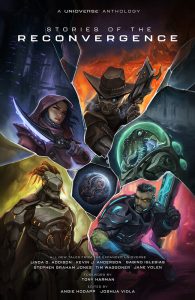







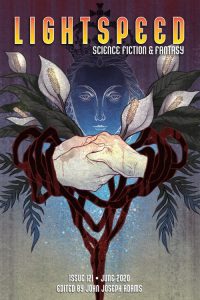
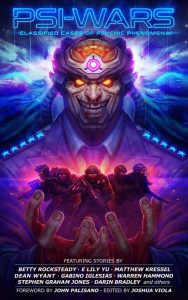




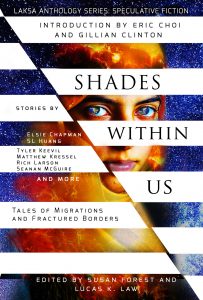






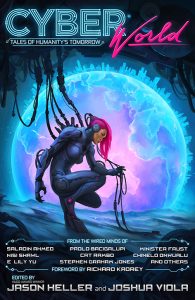















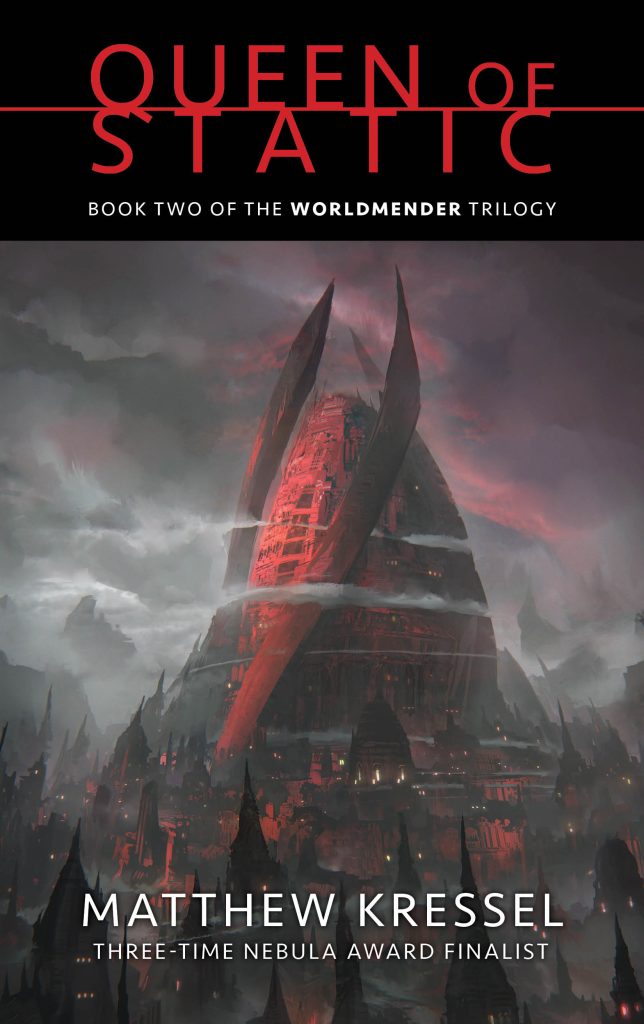

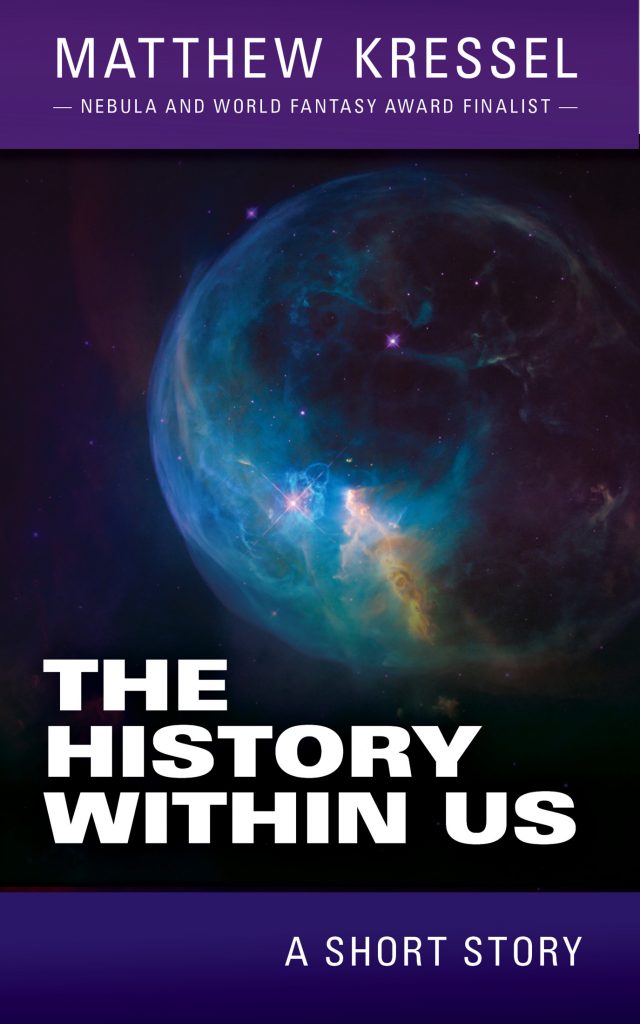
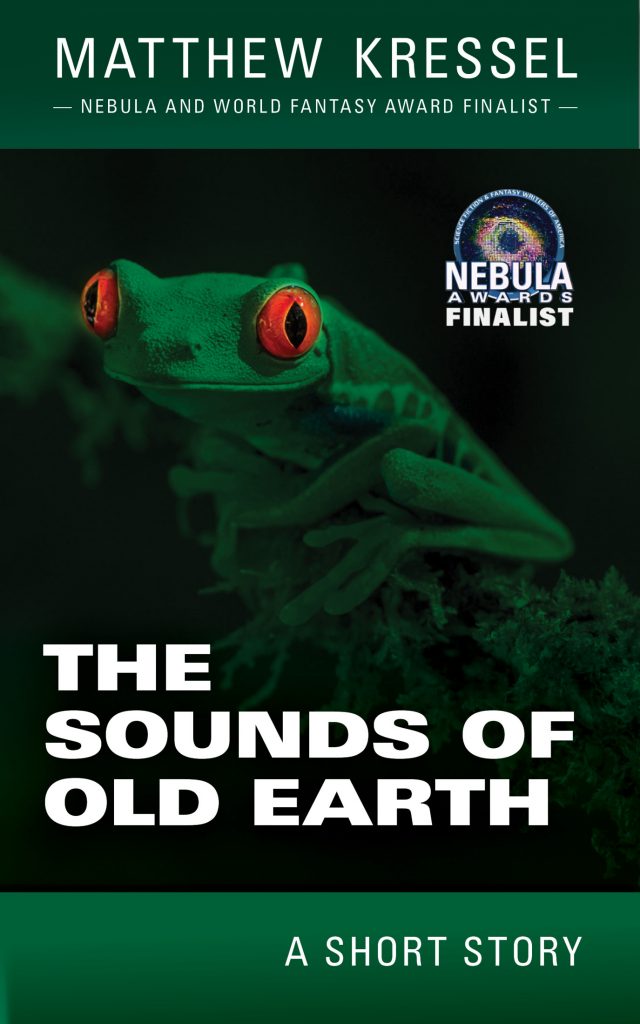
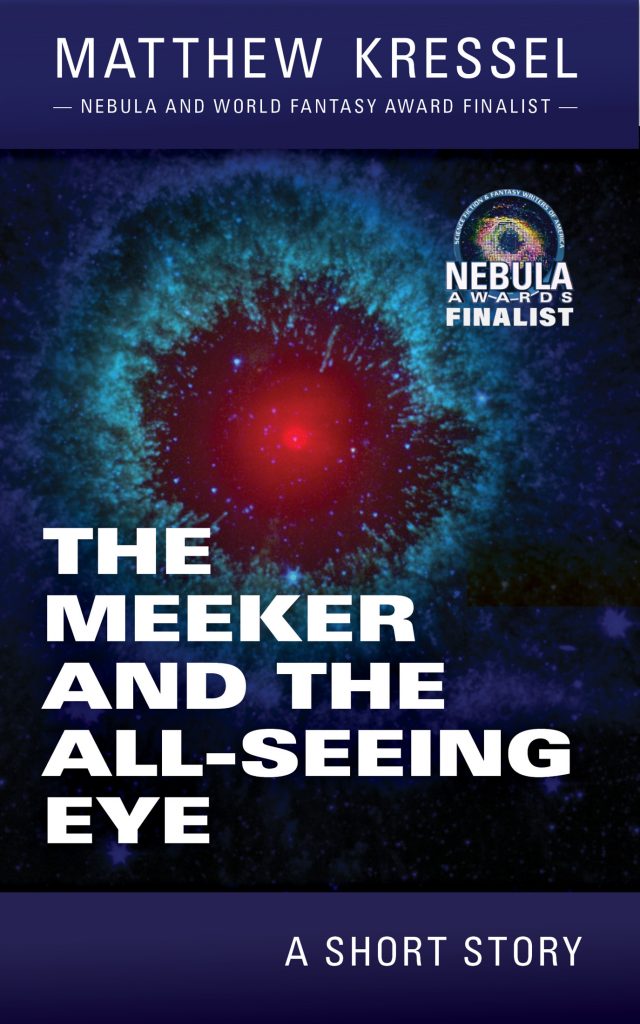

June 30, 2014 at 6:41 pm
Hey, thanks for the shout-out and the very kind words, Matt!
June 30, 2014 at 8:43 pm
It’s a great story and more folks should read it.
July 1, 2014 at 4:12 pm
Good food for thought. Being a game developer/enthusiast as well as a writer, I sometimes have to remember that there’s a difference between what makes a deep character in a video game (like Suikoden or Final Fantasy) and what makes a deep character in a novel or story. This is one good example of that.
July 3, 2014 at 2:34 pm
Thanks, Michael. I don’t play much video games these days, but I imagine a lot of the same ideas would apply.